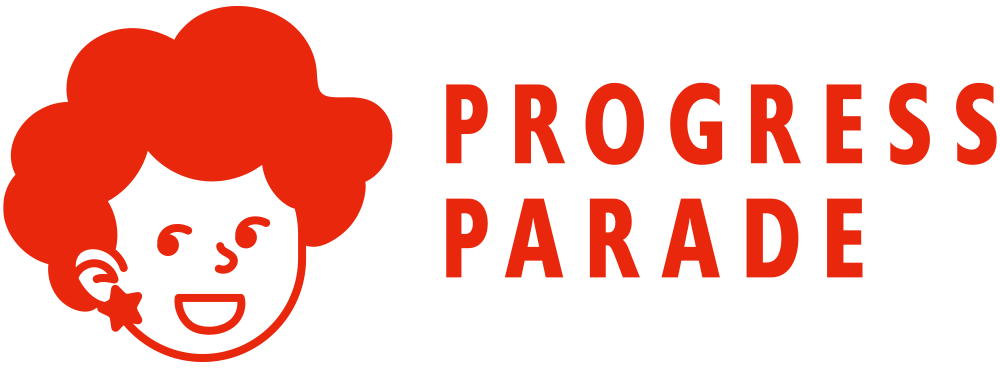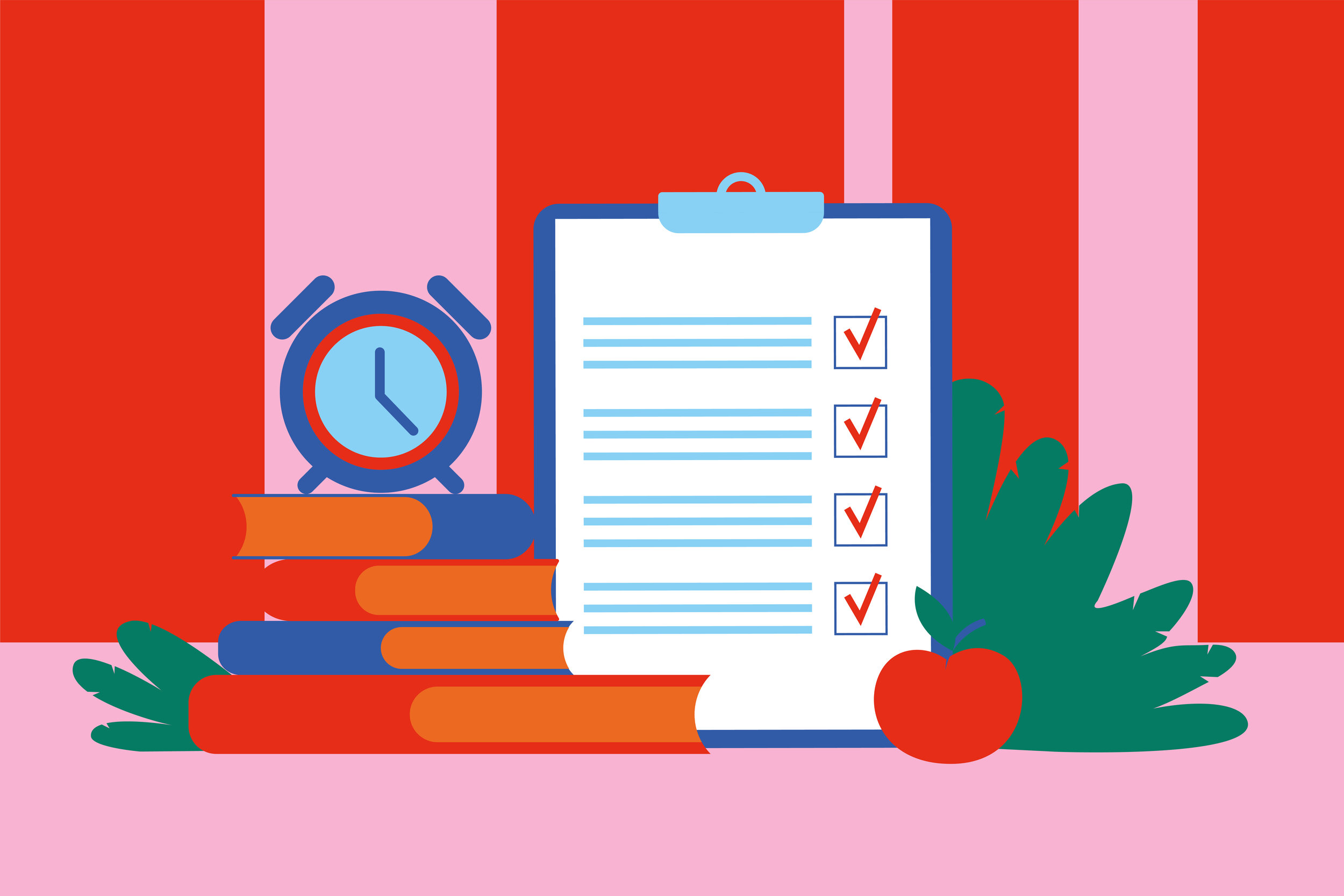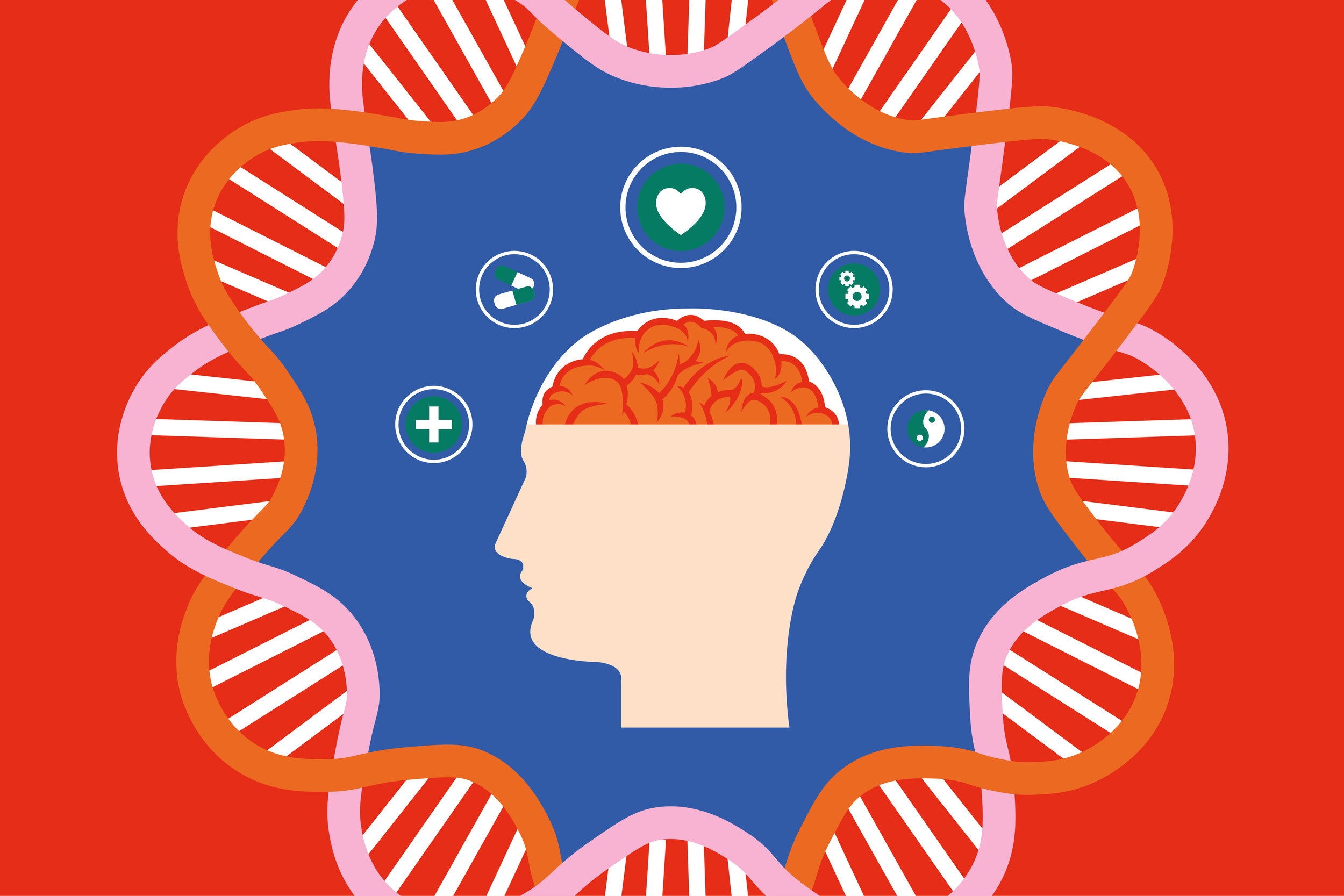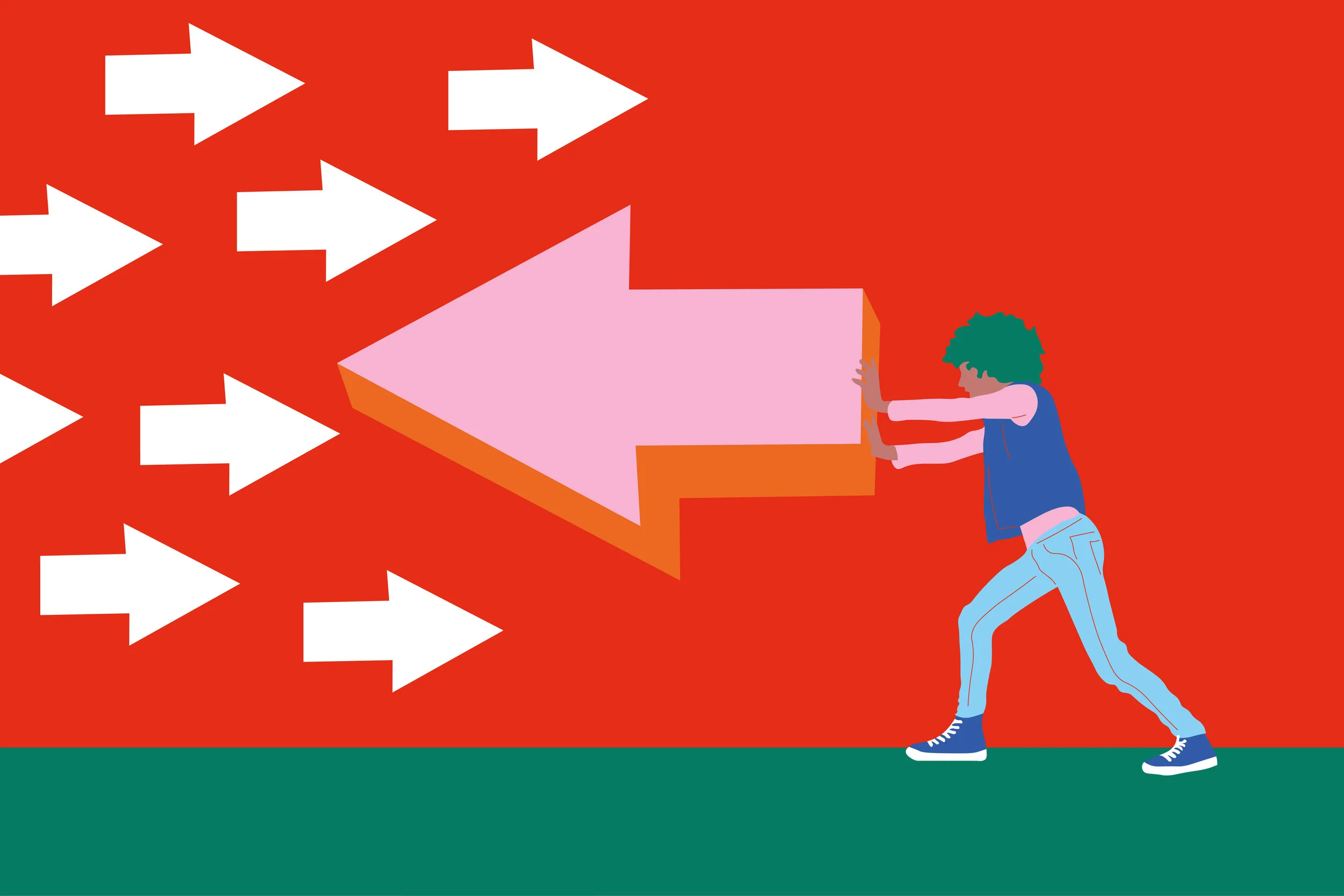Preparing to go back to school after the pandemic (or any long break)
It’s June 2021. After a year where nothing was routine except a lack of routine, many parents are wondering how the fall will be when their child will (hopefully) have a full in-person school year. To help your child get ready for routine again after the pandemic, or really any long school break, there are a few things you can do.
Try to (at least somewhat) mirror a school routine
If your student starts school at 8:30 am and needs to be ready to go by 8:00 am, start to practice that schedule prior to the change. Help your child get used to being in a routine again. During the summer, you can even schedule activities like camps or play dates to start around a similar time, so your child gets used to leaving the house first thing in the morning again. Getting used to waking up, getting ready, and getting out the door at the same time needed for school will help ease your child back into the routine. Same goes for other important routines like lunch time. Find out what time your child will be eating lunch at school and give them lunch at a similar time at home to minimize the chance that they’ll end up hangry at school!
Get ready to transition back to school socially
Many people organized pandemic pods. Everyone experienced major changes in their social interactions. We often only saw people in our small neighborhood, in our family or in our pandemic “bubbles”. Even over summers or other extended breaks, our students often will have different social routines. If your student had little contact with their school friends over the break, get them back in touch! Organize playdates (outdoors during the pandemic) with school friends, so that they can reestablish their relationships with trusted friends who will be at school, too.
“Getting used to waking up, getting ready, and getting out the door at the same time needed for school will help ease your child back into the routine.”
School transitions and reevaluating medical supports
Some students with ADHD and other conditions go off their medications over long breaks or while at home (important note: we’d never recommend going off medication without first talking to your doctor). If your student has had an extended break from medication, it may be time to visit with the pediatrician to make sure they’ve got the support needed to make a successful transition back to school. Talk to your doctor about when it’s advisable to start the medication (e.g. prior to school start or with school start). Medication often makes a huge difference, so it’s important to have medication optimized before starting school, if possible.
Consider “practicing” the school day through social stories and conversations
If you’re not familiar with social stories, they’re a great tool to help students to understand and prepare for what’s expected in different scenarios. Social stories are often used for students on the autism spectrum but can benefit other students! Social stories essentially describe, through words and pictures, different settings and what to expect as well as what behaviors are expected. They allow a student to practice their day in advance, as often as needed. You can read a guide to social stories here. Consider making a social story for your student with pictures of the school, teacher and friends. The social story is individualized to the developmental needs of the student. For certain students, there will be lots of pictures and few words. Other students can handle more details and descriptions. Your student’s “return to school” social story walks them through their day in story form, so they know exactly what to expect. One example of a return to school social story is here. You could use something similar for your student, individualizing with pictures of their school and friends!
If a social story isn’t developmentally appropriate for your student, you can go over the same information through conversations with your child. Talk with your child about what to expect, how they feel about their teacher, and how they feel about going back to school.
“If your child is expressing repeated anxieties or fears about transitioning back to school (or anything for that matter!), it may be time to seek out some more help.”
School transitions and academic skills
No parent wants their child to feel or be behind after a long break. If your child’s school assigned work over the break, do a little bit every day! Even if the school did not assign work, it’s important to keep learning over breaks. Make sure your child is reading every day. Reading doesn’t have to be boring! In fact, it shouldn’t be boring! You can let your child choose a book or topic they’re excited about (with a trip to the library or bookstore), host a family book club, read and act out plays and more. The possibilities are truly endless. For more creative tips on how to keep reading over long breaks, check out this article or this article from our partner, Chicago Home Tutor.
Support in school transitions: consider counseling
Many people struggle with change and transitions! That’s often even more true for children with diverse learning needs. Some nerves and excitement for change are totally normal! If your child is expressing repeated and/or intense anxieties or fears about transitioning back to school (or anything for that matter!), it may be time to seek out some more help. Consider enlisting the help of a professional counselor. The past year has been a rollercoaster ride for our children and many people (adults and children) will benefit from the help of a pro to help process the past year and get in the groove of the new normal.
Evaluate if your child needs academic help
Sometimes daily practice of reading and working on school assigned homework isn’t enough to maintain academic skills while on school breaks. And some children and families need specialized support getting school work done or learning to read! If your child needs more specialized academic help, consider hiring a homeschool tutor. We here at Progress Parade provide highly specialized academic support to students with ADHD, learning disabilities, autism, executive functioning challenges and other diverse learning needs. We can work with you and your child to quickly hone in on your student’s areas of need and make a plan to turn learning challenges into life-changing achievements, for successful school transitions or any other goal!
Give yourself a break
Perhaps most importantly, expect the transition to be imperfect and give yourself and your family permission to work through the challenges when they come up! This past year has been one big transition full of many smaller constant transitions. The February 2020 version of you had no idea what today’s version of your family is capable of as far as flexibility and resilience! The same will continue to be true of your child and your family. There will be hiccups along the way as we all move on our imperfect path back to normal, and that’s more than OK!
Tips for getting your special education student ready to go back to school after a long break from school (summer, winter break, or a pandemic)

































